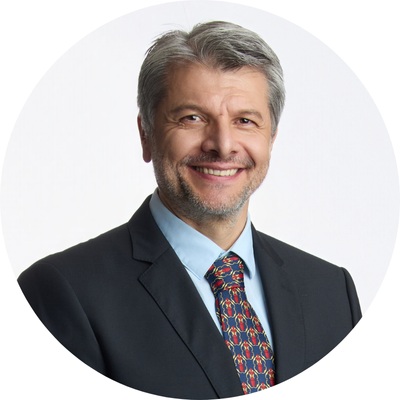Cancer Discovery & Regenerative Medicine

Our Focus
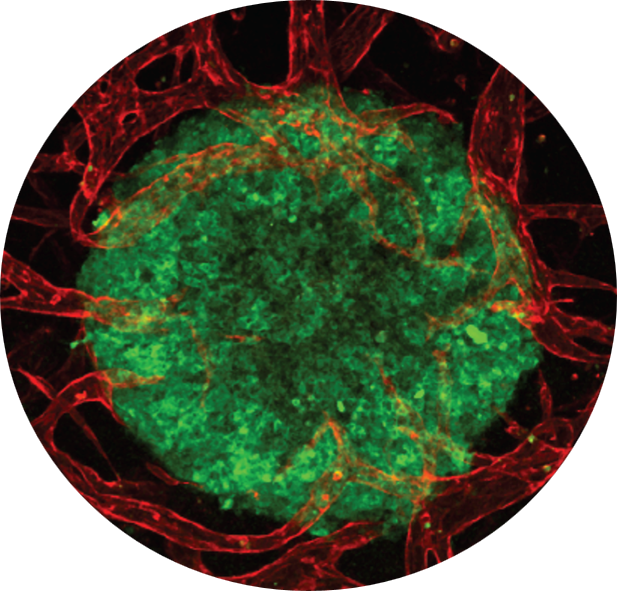 Implementing
Implementing
Innovations
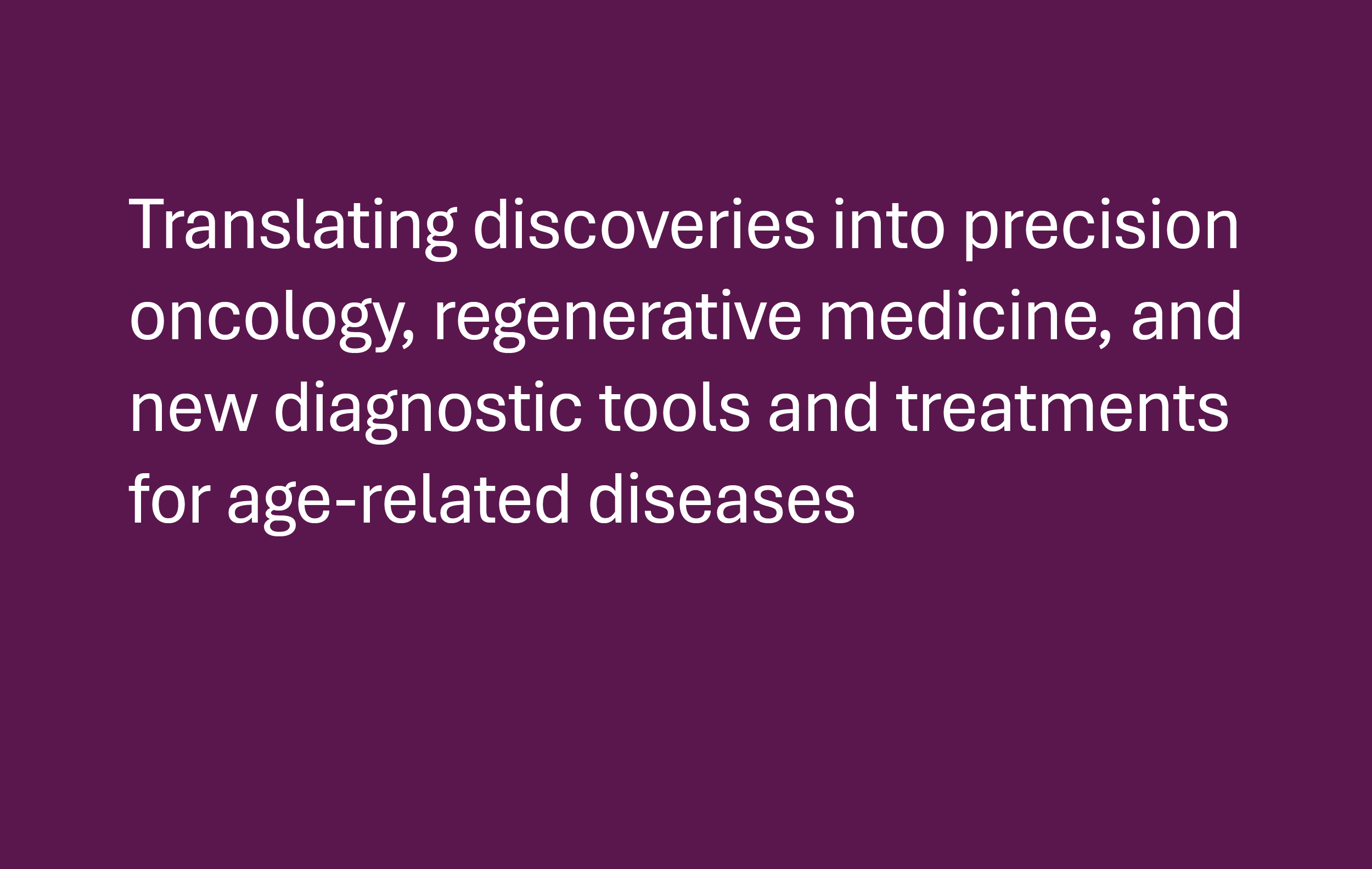
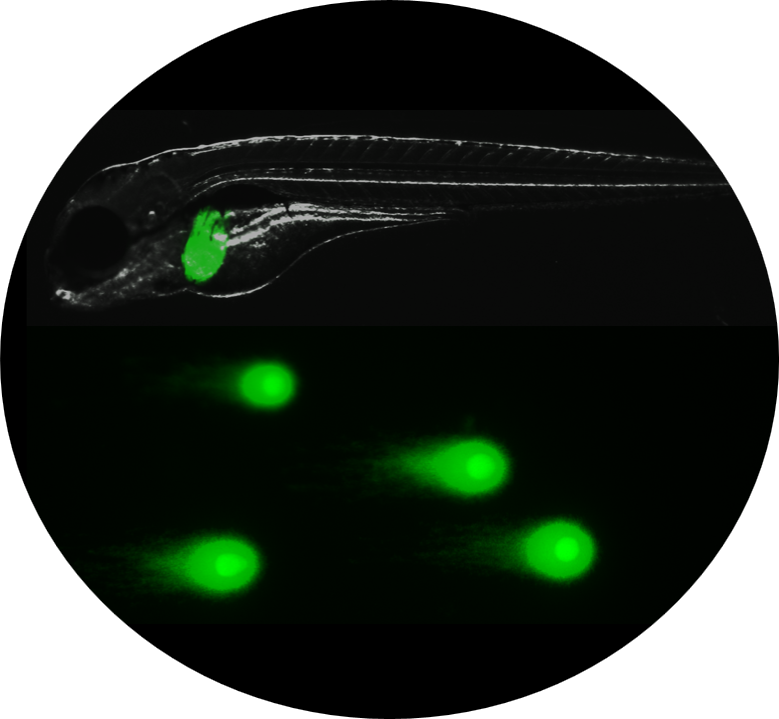 Equipment
Equipment
And Expertise
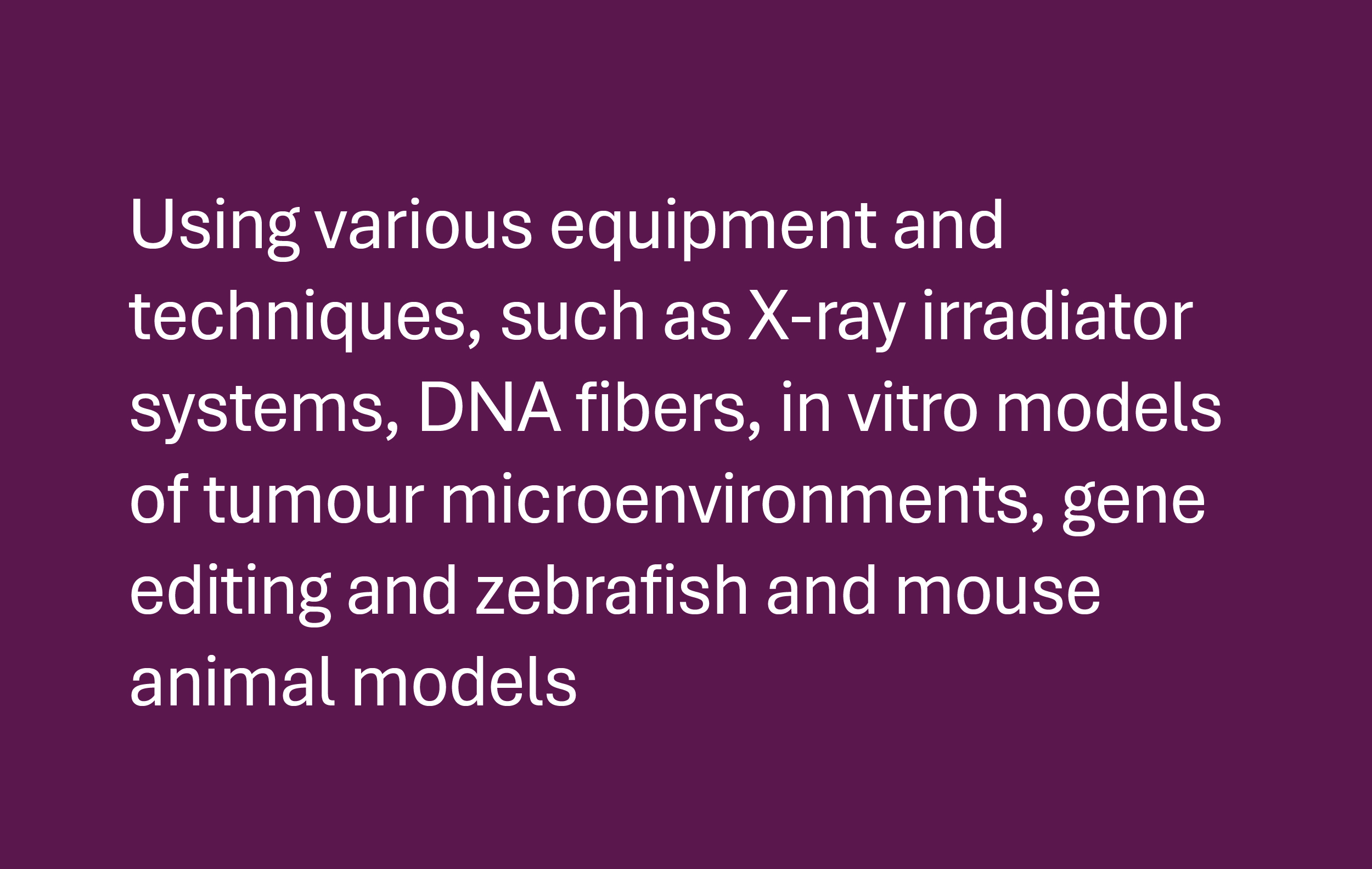
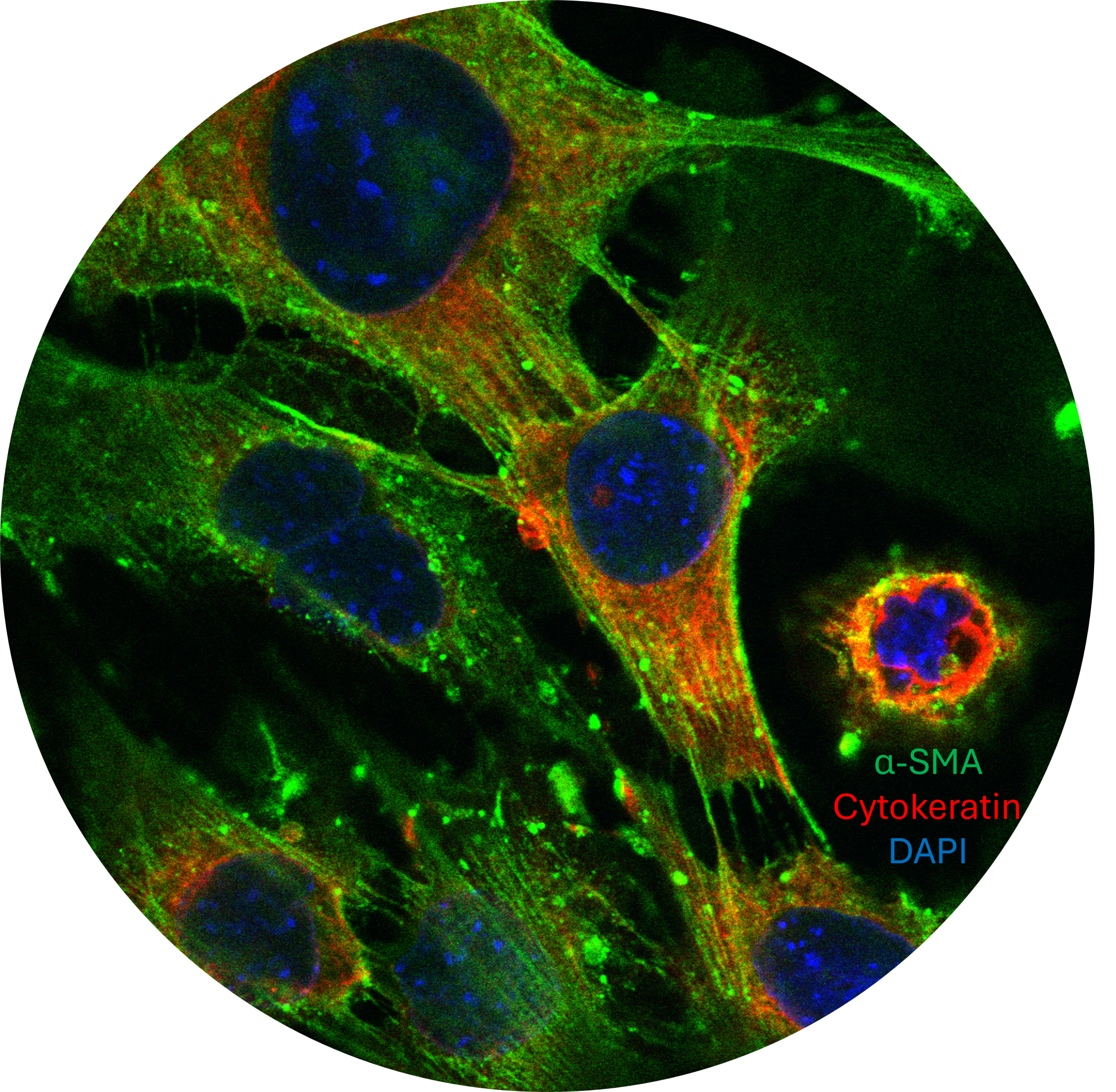 Targets and
Targets and
Strategies
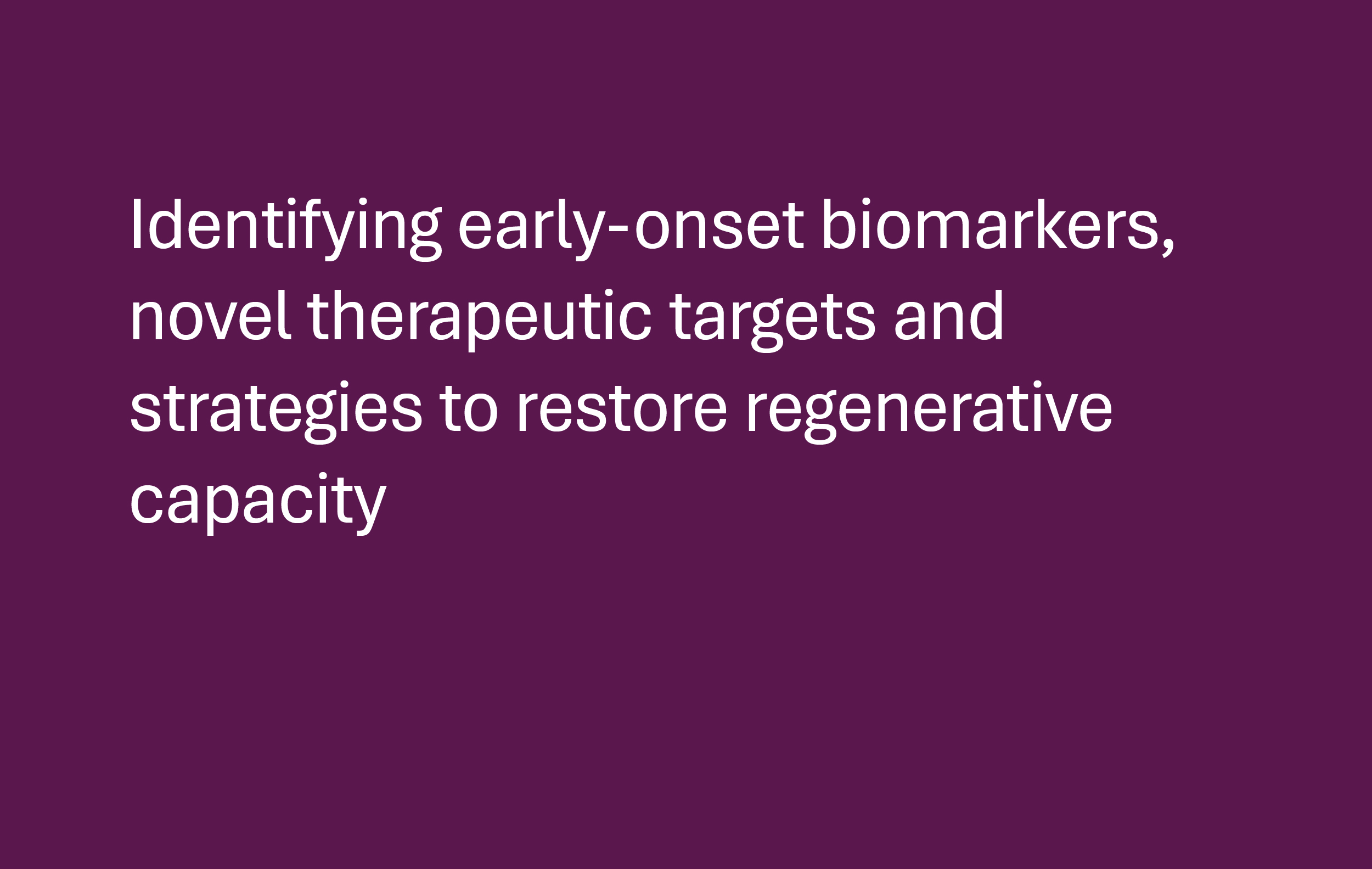
 The team of scientists at the Cancer Discovery and Regenerative Medicine Programmes.
The team of scientists at the Cancer Discovery and Regenerative Medicine Programmes.
Diversified Approaches Against Cancer And Ageing-Related Diseases
Exploring how genetic, metabolic, immune and microenvironmental factors influence cancer and
ageing-related biology and regenerative processes.Researching DNA damage response, tumour microenvironments, age-related degeneration, organ
and tissue regeneration, and more.Partnering with clinicians to define and address the most challenging problems in cancer and
ageing-related diseases, to improve translational outcomes.
Our Impact
Boosting Cancer Therapy And Regenerative Medicine
We pinpointed factors and pathways promoting pathological cells’ survival, that could be targets to diagnose and treat cancer and ageing-related diseases.
We uncovered how tumour microenvironments and evolution, and intercellular pH, influence cell fate decisions, cancer progression and therapy response.
We led discoveries in regenerative medicine and cancer therapy by tapping on various technological platforms, including CRISPR/Cas9 screens.
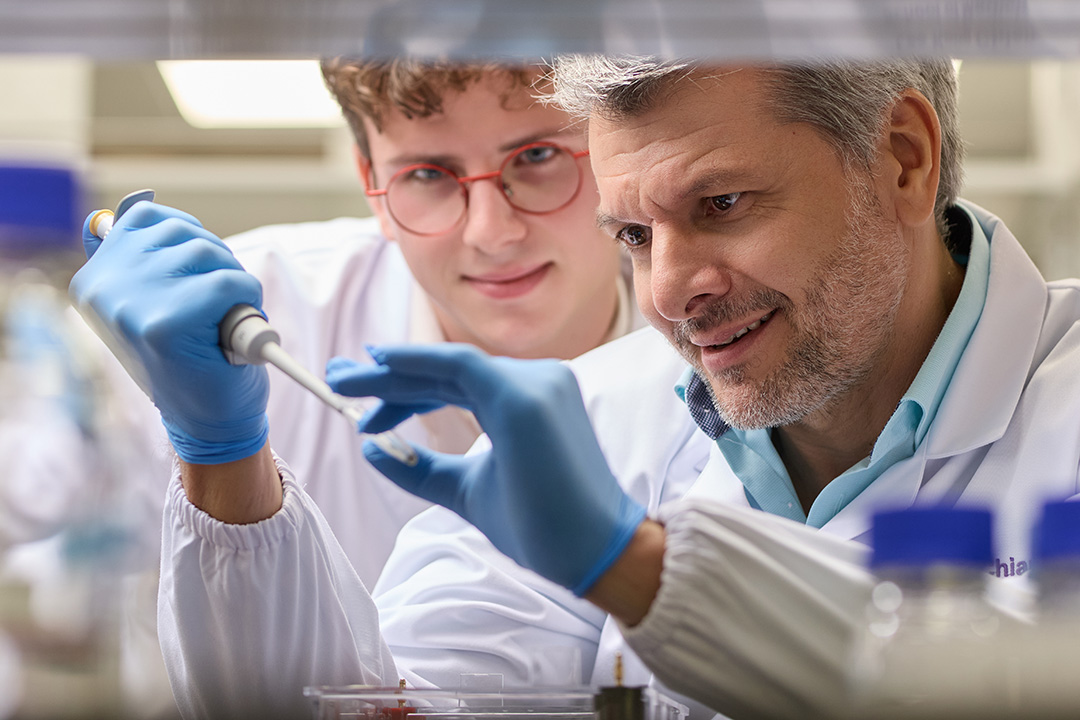 Leading discoveries in regenerative medicine and cancer therapy.
Leading discoveries in regenerative medicine and cancer therapy.
Our Faculty
Toh Kian Chui Distinguished Professor in Cancer and Stem Cell Biology | ||
| ||
Associate Professor of Developmental Biology | ||
Associate Professor of Stem Cell Biology and Regenerative Medicine | ||
Assistant Professor of Cancer and Stem Cell Biology | ||
Assistant Professor of Cancer Biology | ||
Assistant Professor of Stem Cell Biology and Regenerative Medicine | ||
Nanyang Assistant Professor | ||
Assistant Professor of Cancer Biology |
Assistant Professor | ||||


